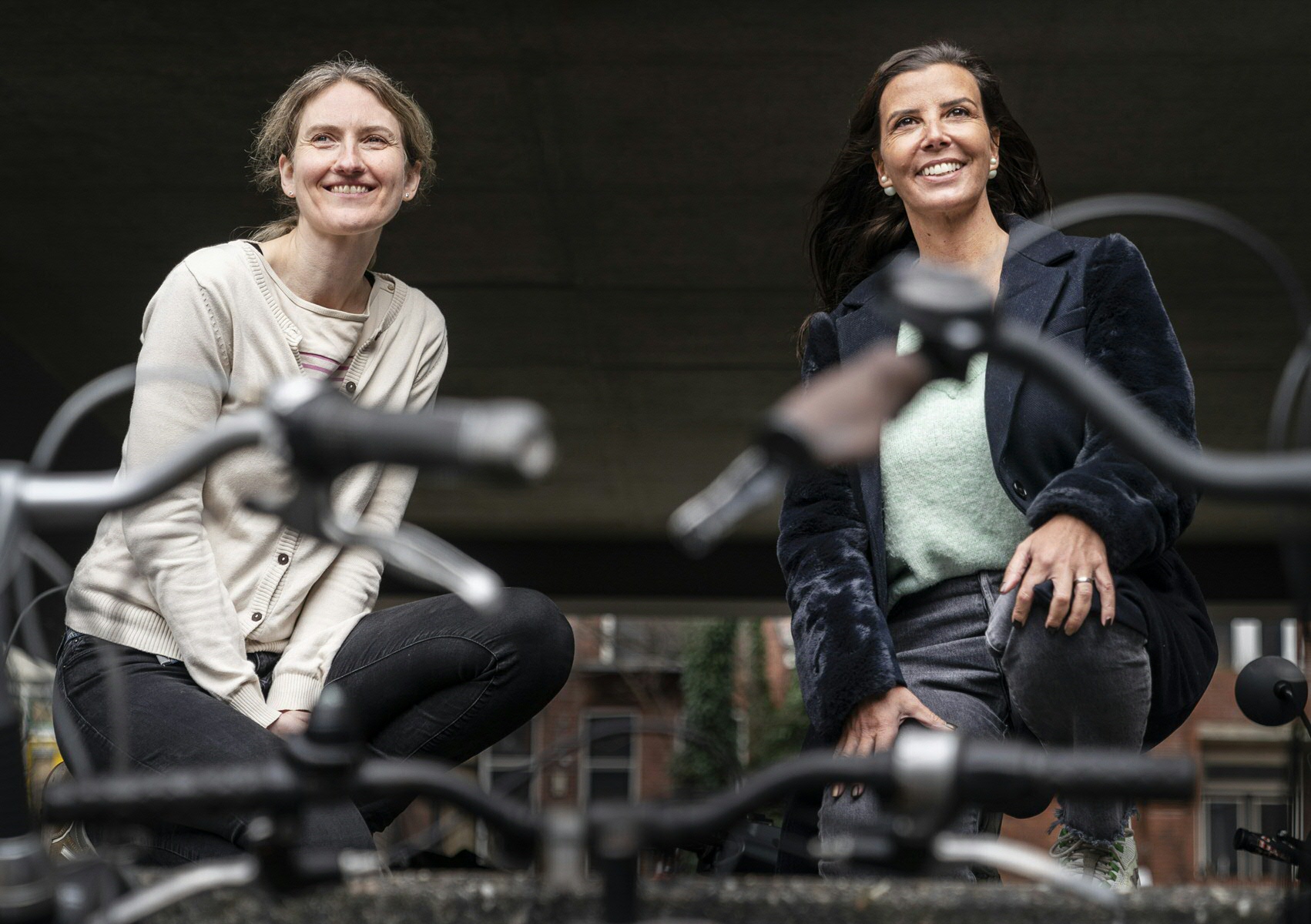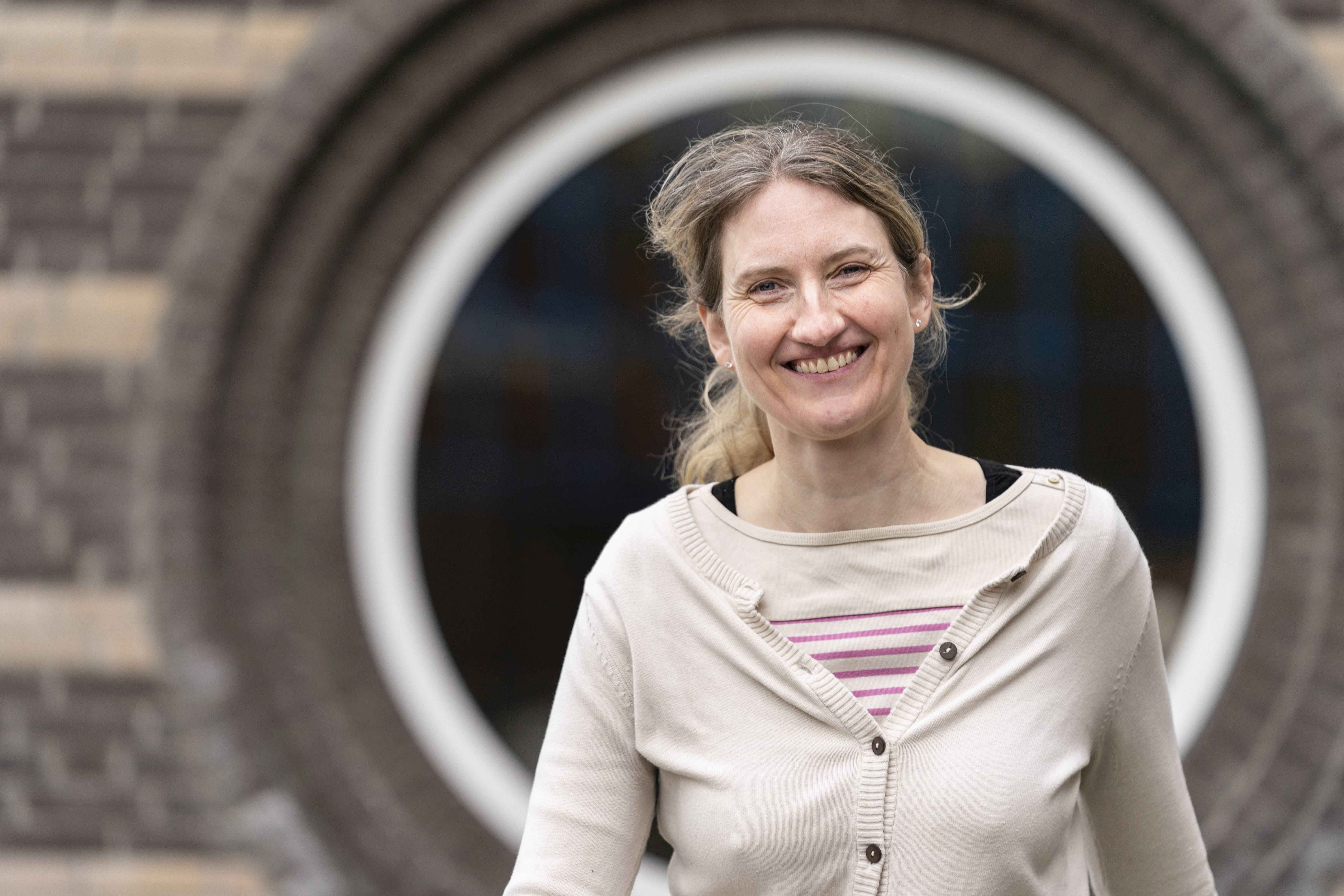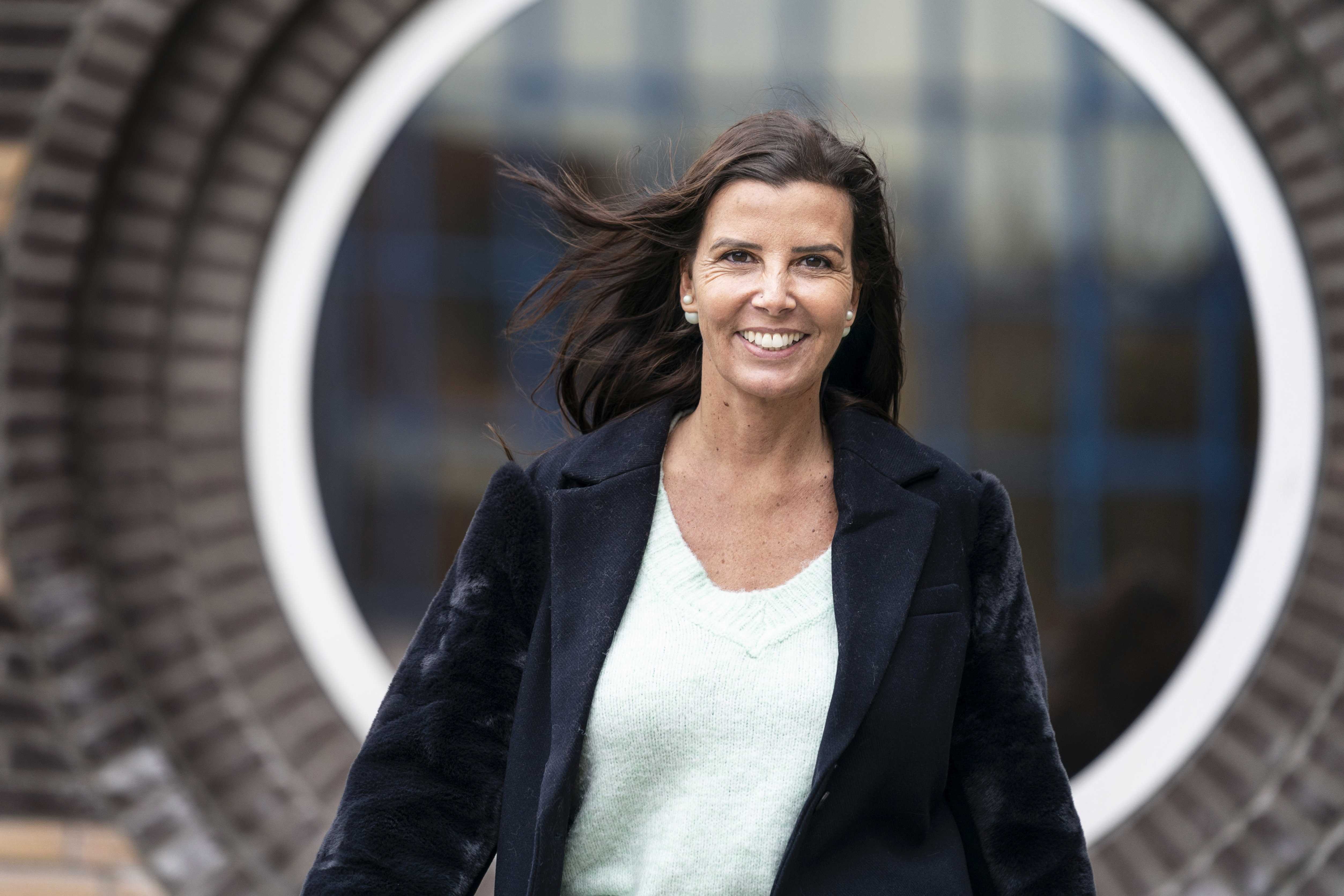Language for the future
One quarter of the population speaks a language other than Dutch at home. And yet we do not see this cultural and linguistic variety reflected in our educational institutions, where Dutch is still the dominant language. What impact does this have on the multilingual population and on their role in society? And how can we make better use of our country’s linguistic and cultural diversity? The Dutch universities have initiated a project entitled Taal voor de Toekomst (Language for the Future) with the aim of exploring these questions.
Text: Britt Corporaal / Photos: Reyer Boxem

Taal voor de toekomst
Language is a vital facet of our identity. We use it to communicate, and we depend on it to shape our thinking. A recent survey carried out by Statistics Netherlands revealed that no fewer than 149 languages and dialects are spoken in the Netherlands, all of them linked to various cultures. And yet the discourse surrounding multilingual pupils in the education system is so often tinged with negativity. This, in turn, has repercussions for the position of multilingual people in our society. Regional languages and the languages spoken by migrants tend to be assigned a lower social status. If others look down on your language, the impact on your mental wellbeing and your motivation to learn will be detrimental. It is much more difficult to learn new things in a language in which you are less proficient. This may lead to learning delays and—ultimately—to a failure to function optimally in society. The abilities of multilingual children are often underestimated when it comes to deciding on the level of secondary education they should follow. The long-term goal of Taal voor de Toekomst is to bring about a shift in mentality by gradually integrating multilingualism into the educational system.
Opportunities for multilingual people
Taal voor de Toekomst plans to investigate how schools and other educational institutions can work with the national education system in an alternative manner that would allow them to counter inequality of opportunity and to improve the position of multilingual people in Dutch society. In fact, the project emphasizes that multilingualism should be celebrated. Together with many of their colleagues within the Faculty of Arts, researchers Merel Keijzer and Joana Duarte are currently working on an application to the National Growth Fund for this project on behalf of the UG. Keijzer is Professor of English Linguistics and English as a Second Language. She heads up the UG-based Bilingualism and Aging Lab, which conducts research into multilingualism across the lifespan. Keijzer views multilingualism as an opportunity that is not being exploited to its full advantage. ‘It is time we started paying serious consideration to the potential of language as a conveyor of diversity and identity.’ She emphasizes the importance of multilingualism as one the strengths of the Netherlands: ‘I think that in the Netherlands we’re failing to appreciate just how much knowledge is out there. There’s a wealth of untapped knowledge sitting here right under our noses.’ Professor by special appointment Duarte is Associate Professor within the Minorities and Multilingualism/Frisian department at the UG, as well as being affiliated to the NHL Stenden University of Applied Sciences as Lector in Multilingualism and Literacy. She is also professor by special appointment of Global Citizenship and Bilingual Education at the University of Amsterdam’s Faculty of Social and Behavioural Sciences. ‘We sometimes refer to inequality of opportunity as the multi-headed monster’, she says. ‘It’s impossible to identify a single problem area and just tackle that. It’s an issue that is interwoven with so many different layers and facets of the overall way national educational system.’

person’s cognitive abilities and cognitive flexibility’, Keijzer explains.
Co-creation
Taal voor de Toekomst is a cooperative project involving all Dutch universities, spearheaded by Radboud University in Nijmegen. An application for financial support is being prepared for submission to the National Growth Fund, set up by the Dutch government to invest in research projects designed to safeguard long- term economic growth. These projects address a wide range of topics, such as sustainability, healthcare and mobility. In the case of Taal voor de Toekomst, the primary focus is on education. One facet of the project highlighted in the growth fund application is the high degree of co-creation. Involvement in the project extends beyond the universities to include other partners, such as teacher training programmes, primary and secondary schools, regional training centres (ROCs), and language organizations. So-called ‘Teachers in Residence’ also play an important role. These are the people with hands-on experience who are currently working in education at all the different levels. They engage in two-way communication with the researchers, letting them know where the practical needs lie but also taking the insights proffered by the knowledge institutes and applying them in their practical settings. This makes it possible to apply the results of the research into multilingualism directly to innovation in the field of language education.
Ideal location
Each university involved in Taal voor de Toekomst has its own specializations when it comes to multilingualism. The UG, located in what can justifiably be referred to as a ‘natural laboratory’ for the analysis of multilingualism, has its own special contribution to make. Here in the North of the Netherlands, the people living in Friesland speak Frisian, in Groningen and Drenthe they speak Low Saxon, and people with all sorts of linguistic backgrounds enter the gates of the asylum seekers’ centres. The region is also home to large numbers of international students and lecturers. In addition, German is spoken in the area close to the German border.
Links to existing expertise
Researchers at the UG are already conducting various forms of research intomultilingualism, including the link between multilingualism and cognition. ‘Constantly maintaining and juggling two languages places certain demands on a person’s cognitive abilities and cognitive flexibility’, Keijzer explains. ‘People who do so regularly experience certain benefits.’ For example, multilingualism can have a beneficial impact on memory and has even been linked to a delay in the onset of dementia symptoms. Researchers at the UG are also investigating language policy. They are currently researching how the Netherlands handles multilingualism and what impact this approach has on multilingual people, also in the educational context. How much attention is paid to multilingualism in school? Is multilingualism put to positive use in the classroom or is it suppressed? What effects does this have on multilingual pupils? Researchers of cognition often work together with researchers of language policy because it is recognized that the effects of language policy tend to impact cognition. Taal voor de Toekomst hopes to establish similar partnerships across the country and to involve other specializations.

Bold
Outlining the research into multilingualism being conducted at the UG, Joana Duarte cites her own research into language policy and how it relates to the National Growth Fund application as an example. Her goal is to create a more inclusive curriculum. ‘I am involved in a number of teacher training programmes for both primary and secondary education.’ Duarte is currently working on a project entitled BOLD: Building on Linguistic and Cultural Diversity for social action within and beyond European universities. This is a collaborative project involving European universities in which the Netherlands is represented by the UG. The aim of the project is to bridge the gap between teacher training and society. Most trainee teachers do their teaching practice and just one school, where they are not necessarily given the chance to experiment. The plan is to use BOLD to supplement the teacher training programmes with social actions and service learning. ‘In our experience, if you want to understand and tackle the really major, urgent societal challenges, you need input from outside the school context,’ Duarte explains. In this case, this means that the students need to encounter multilingualism and culturally diverse communities outside the educational setting. For example, they could give language lessons to asylum seekers or refugees and combine that with research into the prerequisites for successful second language acquisition as part of their study programme. Such experiences will enable trainee teachers to evaluate society and reflect on their own position in it. They can then carry this knowledge over into their work in education.
More information
More news
-
19 January 2026
Digitization can leave disadvantaged citizens in the lurch
-
13 January 2026
Doing good in complex situations
